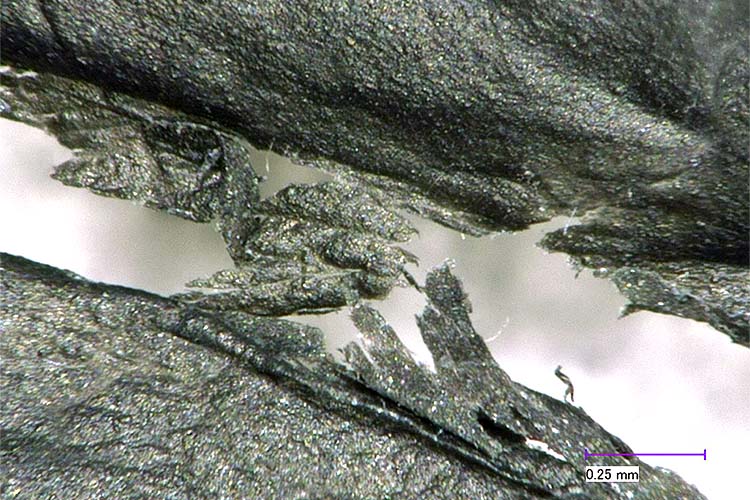Microbes that can digest plastics at low temperatures have been discovered by scientists in the Alps and the Arctic, which could be a valuable tool in recycling.
Many microorganisms that can do this have already been found, but they can usually only work at temperatures above 30C (86F). This means that using them in industrial practice is prohibitively expensive because of the heating required. It also means using them is not carbon neutral.
Scientists from the Swiss Federal Institute WSL have found microbes that can do this at 15C, which could lead to a breakthrough in microbial recycling. Their findings have been published in the journal Frontiers in Microbiology.
Dr Joel Rüthi from WSL and colleagues sampled 19 strains of bacteria and 15 of fungi growing on free-lying or intentionally buried plastic kept in the ground for one year in Greenland, Svalbard and Switzerland. They let the microbes grow as single-strain cultures in the laboratory in darkness at 15C and tested them to see if they could digest different types of plastic.
The results showed that the bacterial strains belonged to 13 genera in the phyla actinobacteria and proteobacteria, and the fungi to 10 genera in the phyla ascomycota and mucoromycota.

The plastics tested included non-biodegradable polyethylene (PE) and the biodegradable polyester-polyurethane (PUR) as well as two commercially available biodegradable mixtures of polybutylene adipate terephthalate (PBAT) and polylactic acid (PLA).
None of the strains were able to digest PE, even after 126 days of incubation on these plastics. But 19 strains (56%), including 11 fungi and eight bacteria, were able to digest PUR at 15C, while 14 fungi and three bacteria were able to digest the plastic mixtures of PBAT and PLA.
Rüthi said: “Here we show that novel microbial taxa obtained from the ‘plastisphere’ of alpine and arctic soils were able to break down biodegradable plastics at 15C. These organisms could help to reduce the costs and environmental burden of an enzymatic recycling process for plastic.”
He said it was surprising that a large fraction of the tested strains were able to degrade at least one of the tested plastics.
The scientists also tested for the best performers and found that they were two uncharacterised fungal species in the genera neodevriesia and lachnellula, which could digest all of the tested plastics except PE.
While plastics have only been in wide use since the 1950s, microbes can degrade polymers because they resemble some structures found in plant cells.
Source: theguardian.com
